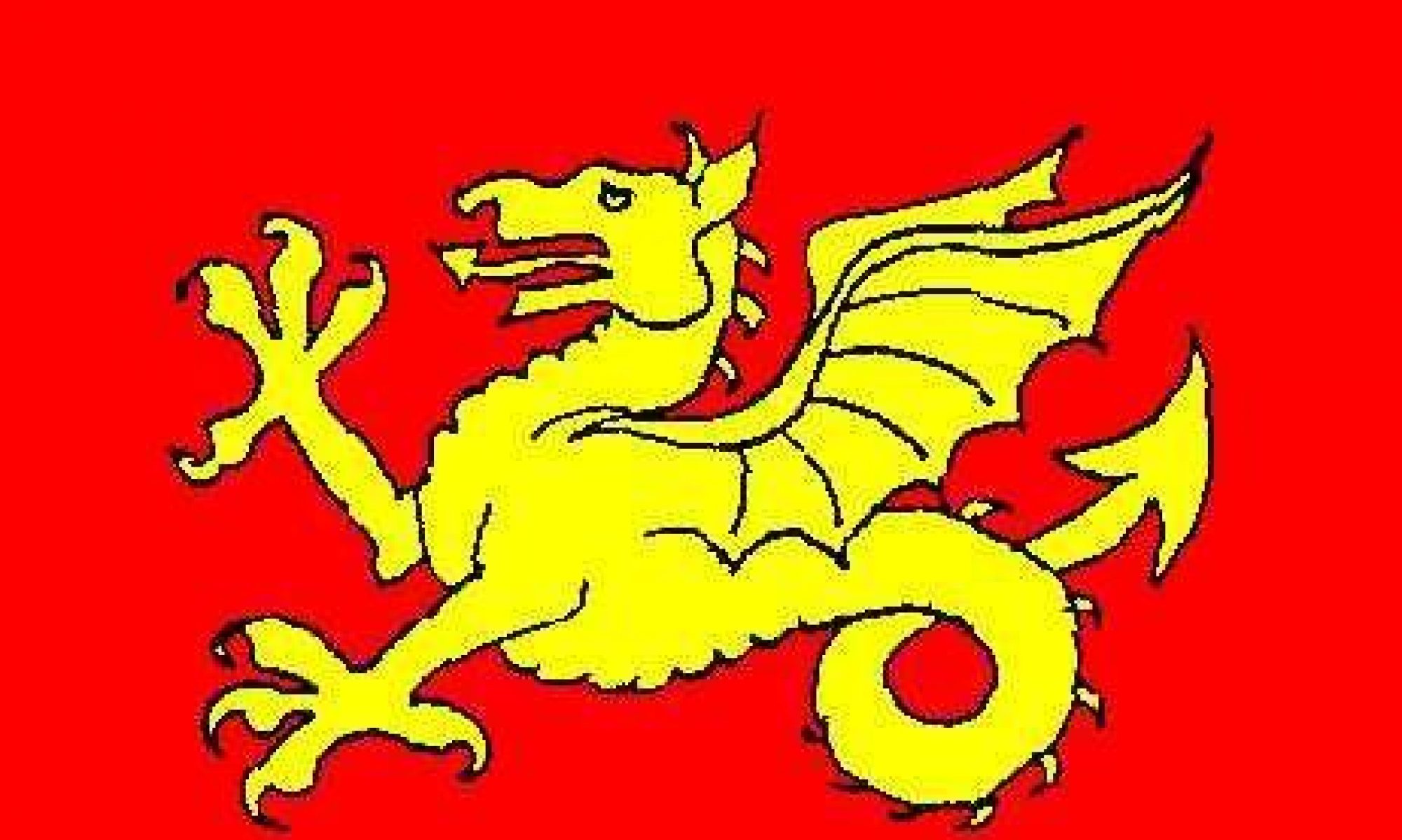William D’avenant (sometimes spelled without the apostrophe) was born in Oxford in 1606, the son of John and Jane D’avenant, owners of the Crown Tavern, where Shakespeare was said to have been a frequent visitor. There is a story that Shakespeare was young William’s godfather or, in some versions, his biological father. He was sometimes said to have referred to himself as a “son of Shakespeare”, though this was probably just a figure of speech, referring to Shakespeare’s literary influence on him. He did, however, know Shakespeare as a boy, and at the age of twelve, wrote an ode upon the occasion of his death.
D’avenant was educated at Oxford, but dropped out before gaining a degree. He was a strong supporter of the Royalist cause in the Civil War, and participated in the siege of Gloucester.
He was named Poet Laureate in 1638, a title he held until his death 30 years later, despite being found guilty of high treason by parliament in 1641. In 1645, he moved to Paris and converted to Catholicism. In 1650, he was captured at sea while en route to Maryland, where the exiled Charles II had appointed him lieutenant-governor. He was put on trial for his life, but was supposedly saved by the intervention of John Milton.
D’avenant’s best-known work is the five-act tragedy Gondibert, written while he was imprisoned in the Tower of London. Based on parts of Paul the Deacon’s History of the Lombards, it tells of the titular Duke of Lombardy and the conflict between his love life and his royal duties. It is notable for introducing the “Gondibert stanza” of four lines of ten syllables each, with an ABAB rhyme scheme. He also wrote the libretto of what is believed to be the first English opera, The Siege of Rhodes.
He died in 1688, shortly after the publication of his final play, The Man’s the Master. He is buried in Poet’s Corner in Westminster Abbey.

